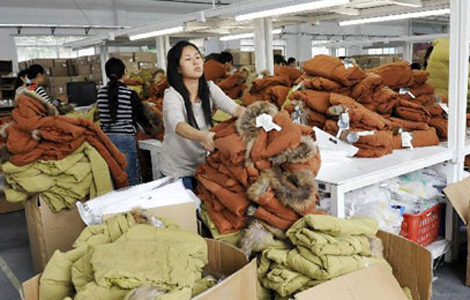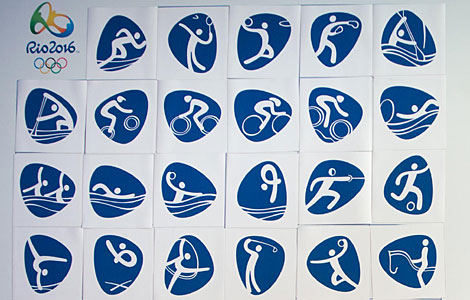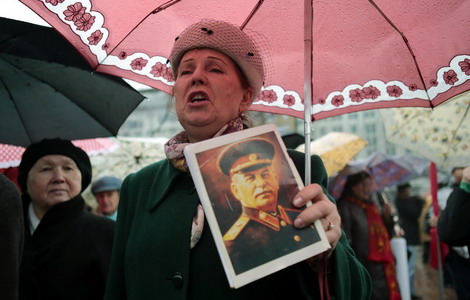Fact sheet
Updated: 2013-11-08 14:01
(China Daily)
|
|||||||||||
The 'dirty dozen'
The Stockholm Convention on Persistent Organic Pollutants is an international environmental treaty that aims to eliminate or restrict the production and use of POPs. It was signed in 2001 and entered into force in May 2004.
In 1995, the United Nations Environment Program called for global action on POPs, which it defined as "chemical substances that persist in the environment, bio-accumulate through the food web, and pose a risk of causing adverse effects to human health and the environment".
The Intergovernmental Forum on Chemical Safety and the International Program on Chemical Safety then prepared an assessment of the 12 worst offenders, known as the "dirty dozen".
Between June 1998 and December 2000, five meetings were held to refine the convention. Delegates adopted the Stockholm Convention on POPs in a conference in the namesake city in May 2001.
The convention took force on May 17, 2004 with ratification by an initial 128 parties and 151 signatories. They agreed to outlaw nine of the dirty dozen chemicals, limit the use of DDT to malaria control, and curtail the production of dioxins and furans. Parties to the convention have agreed to a process by which persistent toxic compounds can be reviewed and added to the convention if they meet certain criteria for persistence and transboundary threats.
The first set of new chemicals to be added was agreed at a conference in Geneva in 2009. As of May 2013, there were 179 parties to the convention, including 178 states and the European Union.
Hot Topics
Editor's Picks

|

|

|

|

|

|






